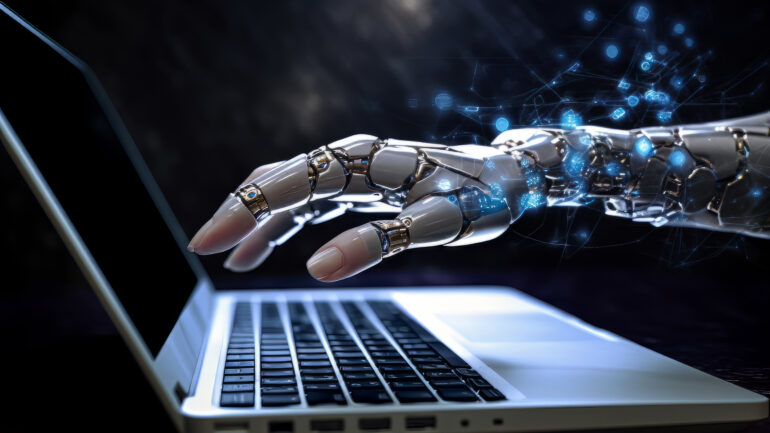As the Global Economy Wobbles, CEOs Bet Big on AI and Cost Cuts

As global growth slows and uncertainty looms large, business leaders are under pressure to steer their organizations through rising debt, inflation, and geopolitical tensions. CEOs are responding with agility—reevaluating supply chains, tightening costs, and doubling down on tech investments like AI to future-proof their companies. In a world of shrinking margins and shifting markets, resilience isn’t just a goal—it’s a survival strategy.
Global GDP growth, according to the OECD’s latest estimate, is projected to slow from 3.3% in 2024 to 2.9% this year and next year (based on the assumption that tariff rates as of mid-May are sustained). Global public debt could increase to 100 percent of global gross domestic product by the end of the decade if current trends continue, according to projections in the IMF latest Fiscal Monitor. The rising ratio of public debt to GDP reflects renewed economic pressures as well as the consequences of pandemic-related fiscal support. As macro-economic headwinds gather force, organizations across the world are bracing for increased uncertainties. CEOs continue to rate geopolitical instability as the top disruptor, followed by potential inflation, and other sources of financial and market instability according to a Deloitte survey.
To navigate the ambiguity, CEOs are focused on taking action and scenario planning to anticipate and address potential challenges. As trade policy rapidly changes, 71% of CEOs say they will evolve their supply chain approaches to mitigate risks. As for cost management, 42% are planning to implement cost-cutting measures to offset increased costs, while only 28% plan to raise prices, perhaps contrary to rising consumer concerns around costs. CEOs see the next 12 months as a period of uncertainty, yet they also recognize opportunities for growth, innovation, and resilience for the road ahead per the Spring 2025 Fortune/Deloitte CEO Survey.
Organizations must adopt a proactive, adaptive approach to navigate this slowdown—focusing on resilience, efficiency, diversification, and innovation . Those that manage risks effectively and continue investing in strategic capabilities will be better positioned to emerge stronger once conditions stabilize. While CEOs often speak to resiliency in their role as leaders, global uncertainty has both posed new challenges to maintaining that resiliency and created an even greater need for it. Many CEOs share that their biggest leadership challenge is around uncertainty, and many listed adaptability, followed by agility, and flexibility, as top leadership attributes needed to respond to unforeseen events now and in the future.
The Deloitte Survey reveals that most organizations feel that they need to continue to invest in technology to combat the effects of slowdown. CEOs continue to invest in and reap the rewards of Artificial Intelligence, with almost two-thirds reporting that Generative AI (GenAI) has delivered value to their organizations. Nine in ten CEOs also say their organizations are considering or implementing agentic AI, with one in ten planning to have at least one business function fully implemented with the technology by the end of the year. Regardless of how they assessed GenAI’s expected impact on their organizations, CEOs are actively exploring the next evolution of AI for their businesses. One hundred eleven CEOs representing more than 21 industries participated in this Fortune/Deloitte CEO Survey. 80% of respondents are from organizations based in the United States, and the remainder are from organizations based outside of the United States.
Concurrently, however, cost cutting is high on the agenda of most organizations. CEOs are thoughtfully assessing strategies to manage costs and make strategic investment decisions. Forty-two percent say they are planning to implement cost-cutting measures, per the survey.
Waning consumer confidence, weakening purchasing power and reluctance to spend would weigh in on corporate performance. The latest report from OECD says that inflationary pressures have resurfaced in some economies. Higher trade costs in countries raising tariffs are expected to push inflation up further, although the impact will be partially offset by weaker commodity prices. Annual headline inflation in the G20 economies is collectively expected to moderate from 6.2% to 3.6% in 2025 and 3.2% in 2026.


